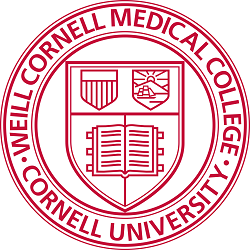Authors: Polonsky WH, Fisher L, Hessler D, Edelman SV.
Abstract
Background: While research designed to understand the concerns about hypoglycemia among patients with diabetes has been primarily focused on the investigation of fear and anxiety, recent evidence suggests a potentially important and conceptually distinct element-hypoglycemic confidence. To investigate this dimension, we developed the Hypoglycemic Confidence Scale (HCS); herein, we describe the construction and validation of the HCS and examine how key patient factors are associated with hypoglycemic confidence.
Methods: Items were developed from interviews with six type 1 diabetes (T1D) adults, six insulin-using type 2 diabetes (T2D) adults, and seven diabetes healthcare professionals, resulting in nine self-report items. Separate exploratory factor analyses (EFAs) were conducted with T1D adults (N = 326), with T2D adults using both basal and prandial insulins (T2D-BP, N = 145) and with T2D adults using only basal insulin (T2D-BO, N = 82). Construct validity for the HCS was established with overall well-being (World Health Organization-5), diabetes distress (Diabetes Distress Scale), global anxiety (Generalized Anxiety Disorder), hypoglycemic fear (Hypoglycemic Fear Survey-II), and glycemic control (self-reported A1C). Hierarchical regression analyses examined the unique contribution of HCS scores, independent of hypoglycemic fear, on key psychosocial constructs and A1C.
Results: EFAs of the nine HCS items yielded a single factor solution for each of the three subject samples, accounting for 50.8%, 65.1%, and 73.7% of the variance for the T1D, T2D-BP, and T2D-BO groups, respectively. Construct validity was established by significant correlations with criterion variables. The HCS was associated with well-being and diabetes distress in the T1D (in both cases, P < 0.001) and T2D-BP groups (in both cases, P < .05) and for self-reported A1C in the T2D-BP group (P < .05) independent of hypoglycemic fear.
Conclusions: Hypoglycemic confidence is a unique dimension of patient experience, different from hypoglycemic fear, and is deserving of further study. The HCS is a reliable valid measure of hypoglycemic confidence for adults with T1D and insulin-using T2D.



